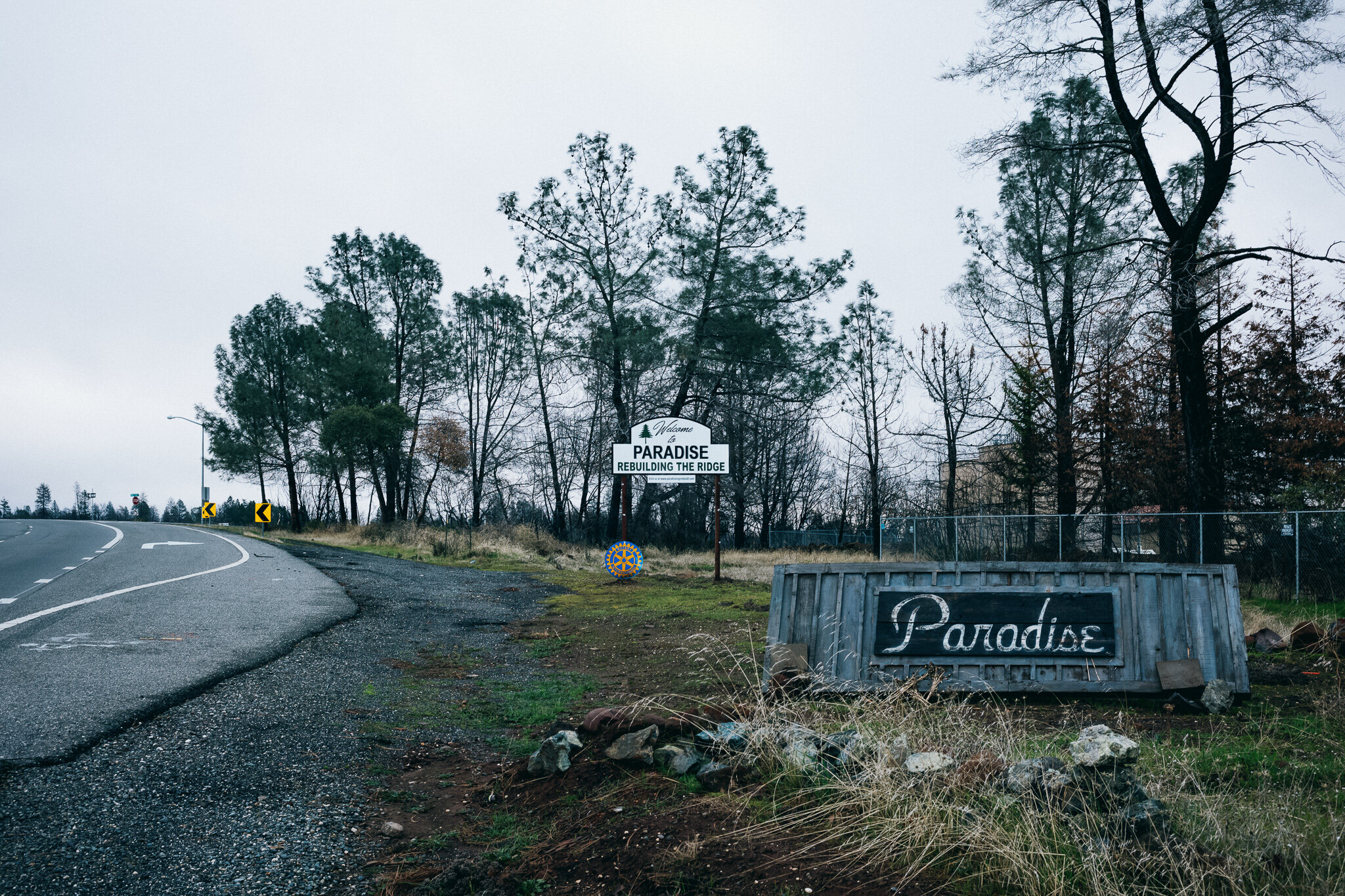The Honnold Foundation’s energy access work grows from our commitment to justice. We know opportunities are not equal for everyone, but we believe that with sufficient work, a more just and equitable world is possible. We have to start with the fundamentals. Energy access is fundamental. So is the ability to live without fear of being killed by police.
Black lives matter. So, for the month of June, we're asking you to consider making a gift to one of the following Black-led organizations. To support their work is to invest in dismantling systemic racism in America.
Equal Justice Initiative
Black Visions Collective
Movement for Black Lives
Black Youth Project 100
We continue to support our nonprofit solar energy partners worldwide. We continue to seek new partners whose leaders come from the communities they serve, because we know they’re uniquely equipped to address local needs. We are committed to continuing our work within HF— to ensure justice and equity in our grant-making, in our hiring and managing, and in communicating with our stakeholders. And we know that there is still much to be done.
Black lives matter, today and every day. Until our society reflects that fundamental truth, we’ll keep working.
- Dory Trimble, Executive Director































